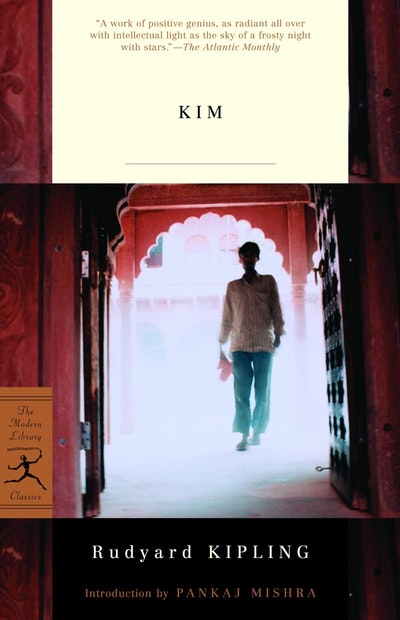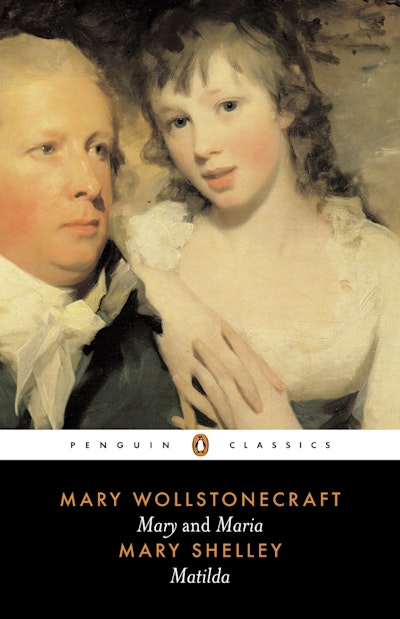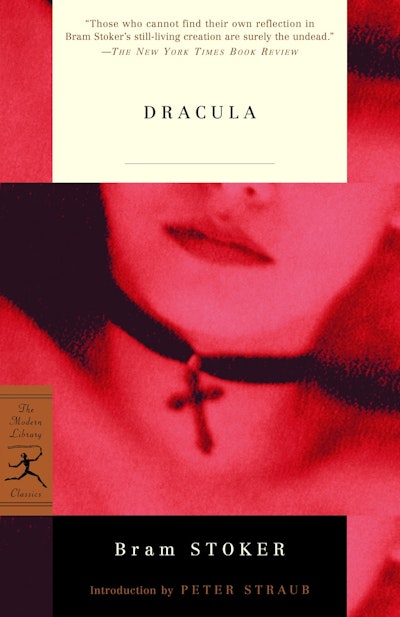- Published: 12 May 2005
- ISBN: 9780141912202
- Imprint: Penguin eBooks
- Format: EBook
- Pages: 336
Selected Poetry
- Goethe Johann Wolfgang Von
'Shall I embrace you, must I let you go? Again you haunt me: come then, hold me fast!'
Goethe viewed the writing of poetry as essentially autobiographical and the works selected in this volume represent over sixty years in the life of the poet. In early poems such as 'Prometheus' he rails against religion in an almost ecstatic fervour, while 'To the Moon' is an enigmatic meditation on the end of a love affair. The Roman Elegies show Goethe's use of Classical metres in homage to abcient Rome and its poets, and 'The Diary' , supressed for more than a century, is a narrative poem whose eroticism is unusually combined with its morality.
Arranged chronologically, David Luke's verse translations are set alonjgside the German orginals to give a picture of Goethe's poetic development. This edition also includes an introduction and notes placing the poems in the context of the poet's life and times.
%%%'Shall I embrace you, must I let you go? Again you haunt me: come then, hold me fast!'
Goethe viewed the writing of poetry as essentially autobiographical and the works selected in this volume represent over sixty years in the life of the poet. In early poems such as 'Prometheus' he rails against religion in an almost ecstatic fervour, while 'To the Moon' is an enigmatic meditation on the end of a love affair. The Roman Elegies show Goethe's use of Classical metres in homage to abcient Rome and its poets, and 'The Diary' , supressed for more than a century, is a narrative poem whose eroticism is unusually combined with its morality.
Arranged chronologically, David Luke's verse translations are set alonjgside the German orginals to give a picture of Goethe's poetic development. This edition also includes an introduction and notes placing the poems in the context of the poet's life and times.
- Published: 12 May 2005
- ISBN: 9780141912202
- Imprint: Penguin eBooks
- Format: EBook
- Pages: 336






















































































































































































































































































































































































































































































































































































































































































































































































































